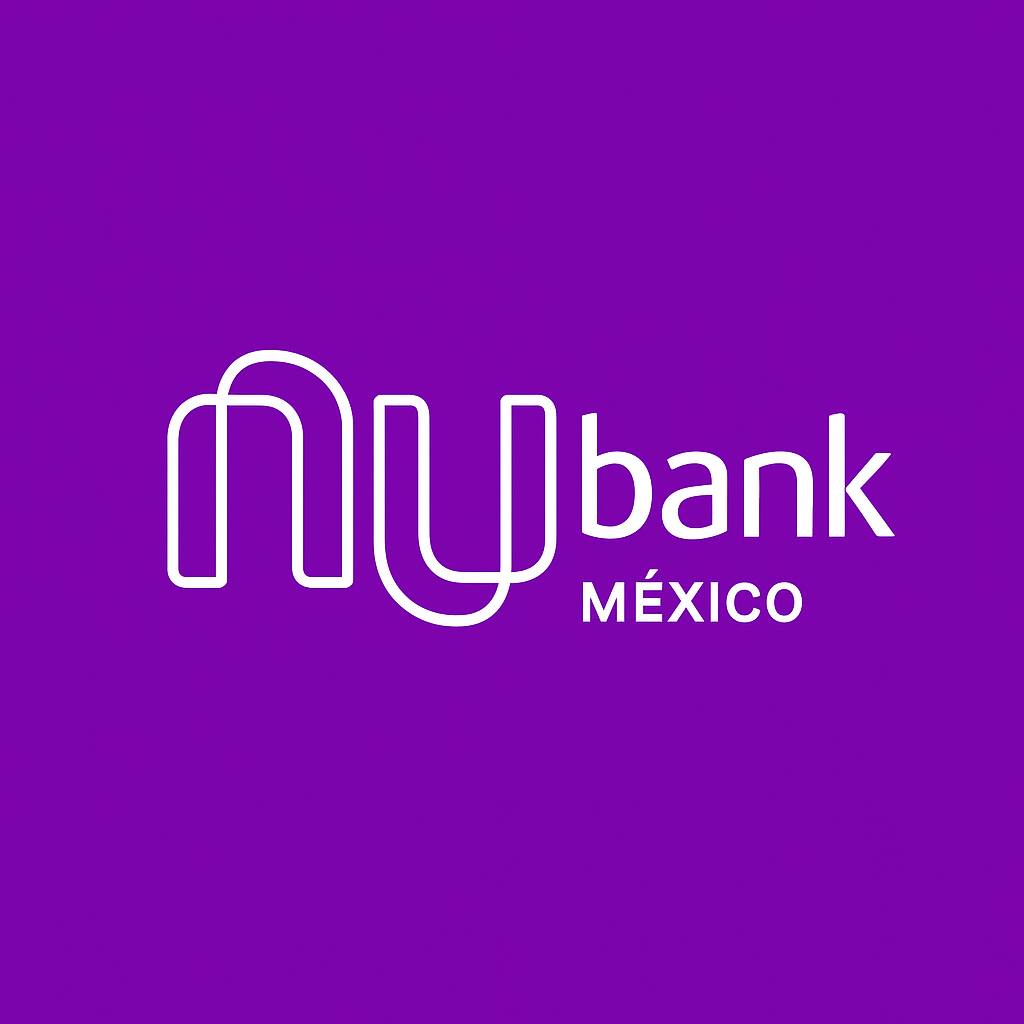In the rapidly evolving fintech landscape of Mexico, Nubank—known locally as Nu México—has made headlines with a significant leadership change. As of September 2, 2025, Iván Canales stepped down as CEO, paving the way for Armando Herrera to take the helm. This shift comes against a backdrop of serious labor harassment allegations that have raised questions about corporate culture in the sector. Published on September 1, 2025, by Eje Central, the article “Nubank cambia de CEO en México, ¿qué se sabe de las denuncias de acoso laboral en la fintech?” delves into these developments, highlighting both the company’s growth ambitions and its internal challenges.
Key Details from the Article
The transition is framed as part of Nu México’s broader restructuring, including its push to become a full-fledged bank in the country. Canales, who has been instrumental in expanding the company’s product offerings and customer base, is currently on paternity leave but will remain involved in internal projects. His successor, Armando Herrera, brings a wealth of experience from his previous role at Konfío, a leading digital financial solutions provider for small and medium enterprises (SMEs). With over 15 years in the financial sector, including stints at American Express México, Herrera holds degrees from MIT and an MBA from IPADE. His mandate? To solidify Nu México’s position as a top digital banking platform with innovative, accessible products.
However, the article also sheds light on troubling allegations of labor harassment. Stemming from a late July 2025 report by Proceso magazine, former employees have accused the company of fostering a toxic work environment marked by isolation, disqualifications, homophobia, racism, and institutional violence. Lawyer Leopoldo Jácome, representing the affected group, described a “modus operandi” where workers are blamed, violating Mexico’s NOM 035 labor standards. Labor rights activist Alma Paz echoed these concerns, pointing to a “systematic culture of silencing, revictimization, and control,” with documented cases involving sexual harassment, retaliation, digital surveillance, and discrimination based on nationality. Legal proceedings have been initiated in Mexico City, though no resolutions are detailed in the article. Recent updates confirm ongoing issues, including claims of arbitrary firings and a broader toxic atmosphere at Nu México.
This situation underscores the vulnerabilities in Mexico’s fintech boom, where rapid growth can sometimes outpace internal governance and employee protections. As Nu México navigates its banking transition under new leadership, the allegations serve as a reminder of the importance of robust compliance and ethical practices in the financial services industry.
Exploring Non-Bank Financial Services Structures in Mexico
While fintech giants like Nubank face scrutiny, Mexico offers alternative pathways for providing financial services through non-bank structures. These entities allow businesses to deliver credit, payments, and other services to both locals and international clients without the stringent requirements of a full banking license. One of the most popular options is the Sociedad Financiera de Objeto Múltiple (SOFOM), introduced in 2006 to modernize and decentralize the credit system.
SOFOMs come in two flavors: Regulated (ER), which are subject to oversight by the National Banking and Securities Commission (CNBV) and must adhere to stricter capital and reporting standards, and Unregulated (ENR), which offer more flexibility with lighter regulatory burdens. These structures enable operations in lending, leasing, factoring, and microfinance, targeting underbanked populations such as low-income individuals and SMEs—key segments in Mexico’s economy.
Benefits for Locals
For Mexican residents, SOFOMs bridge gaps left by traditional banks. They provide accessible credit to the unbanked or underbanked, often at competitive rates, fostering financial inclusion. Microfinance-focused SOFOMs, for instance, support small businesses and rural communities, aligning with government initiatives to expand economic opportunities. Unlike banks, SOFOMs can’t accept deposits without partnerships, but this limitation allows them to focus on innovative lending models, reducing barriers for locals seeking loans or financial tools.
Advantages for International Persons and Businesses
Internationals find SOFOMs appealing due to their flexibility and lower entry barriers. Foreign investors can establish or acquire these entities to tap into Mexico’s growing market, offering services like cross-border payments or specialized financing. The structure supports global operations while complying with local laws, such as anti-money laundering (AML) regulations under the Credit Institutions Law. For expats or international firms, SOFOMs enable tailored services without the capital-intensive process of obtaining a banking license. Regulated SOFOMs, in particular, build credibility for attracting international partnerships, while unregulated ones allow quick market entry for niche offerings.
Regulations ensure stability: ER SOFOMs must maintain minimum capital and undergo CNBV audits, while ENR entities focus on basic corporate governance. This ecosystem not only promotes competition but also mitigates risks seen in high-profile fintech cases, emphasizing sustainable growth over rapid expansion.
Ready to Build Your Financial Future in Mexico?
If you’re inspired by Mexico’s dynamic financial sector and want to explore non-bank options like a SOFOM, we’re here to help. At MexicoFinancialLicense.com, our experts specialize in guiding entrepreneurs through licensing, compliance, and setup. Contact us today for personalized advice on establishing a SOFOM or other business structures in Mexico—let’s turn your vision into reality!

